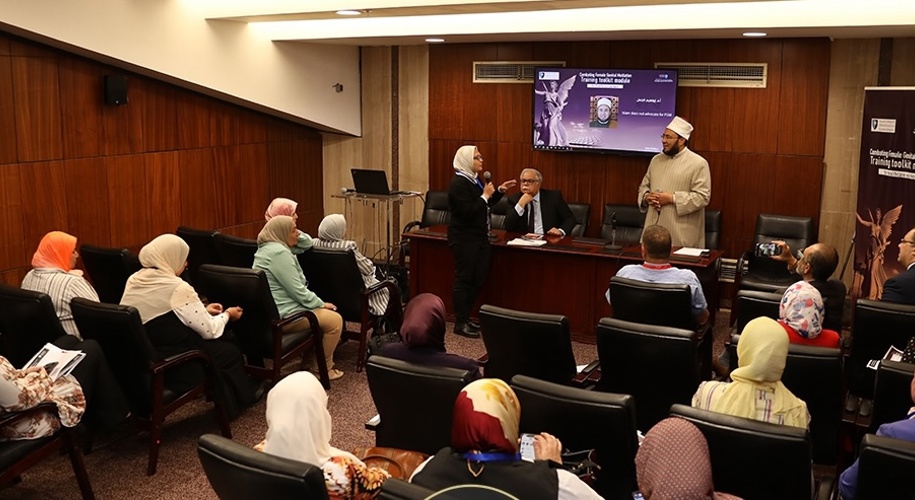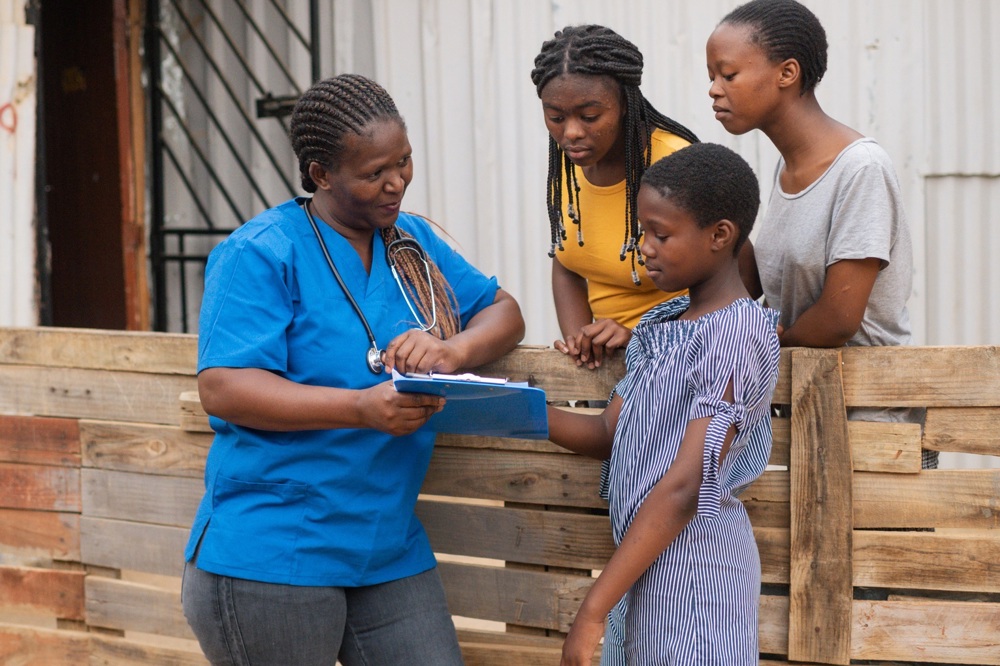What is FGM/C?
FGM/C refers to all procedures involving partial or total removal or injury of female external genitalia for non-medical reasons. It is a violation of basic human rights, putting women and girls at risk of serious short- and long-term physical, psychological, and sexual complications.
Primarily inflicted on girls between infancy and adolescence, FGM/C affects over 200 million girls and women globally today with 68 million more at risk by 2030. The practice is largely concentrated in 30 countries across Africa, the Middle East, and Asia, where it remains a leading cause of death for over 44,000 women and girls each year.
In some countries, FGM/C is increasingly carried out by healthcare professionals. In Egypt, Sudan, Kenya and Nigeria, rates of medicalised FGM/C are higher in daughters than in their mothers. The rising medicalisation of FGM/C is extremely problematic as it gives the practice a false legitimacy. FGM/C has no medical benefit, and medicalisation does not prevent or reduce the significant short- and long-term harm linked with FGM/C, nor the human rights violations associated with the practice.
How the College is taking action
The College is committed to supporting an end to all forms of FGM/C worldwide. As well as amplifying the global movement of survivors and civil society groups, we aim to combat FGM/C and its rising medicalisation through our own research, advocacy, and training.
Through our clinical and advocacy training, we actively support healthcare professionals to raise awareness of medicalised FGM/C and advocate for change. In Egypt, our 'Combatting FGM/C: A workshop for healthcare professionals' training has been delivered to 150 healthcare professionals. By developing a network of anti-FGM/C champions in Egypt and collaborating with local NGOs, we are ensuring that healthcare professionals have the opportunities, training and support they need to end medicalised FGM/C.
The College also provides evidence-based resources to support both healthcare professionals in clinical management and patients seeking information:
Our programmes


Combating FGM/C: A workshop for healthcare professionals
Specialised training to equip healthcare professionals with the skills to recognise, challenge, and prevent FGM/C.

